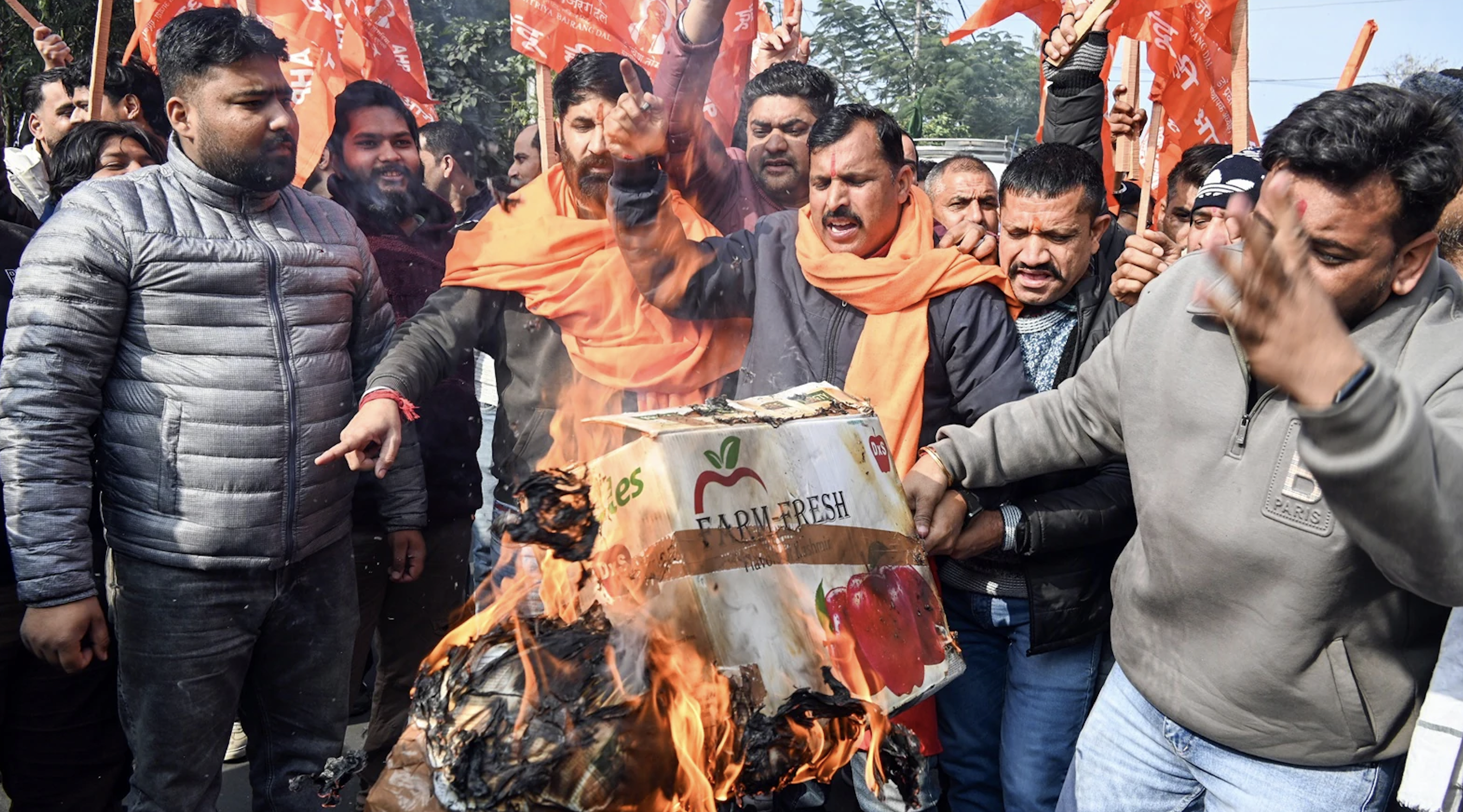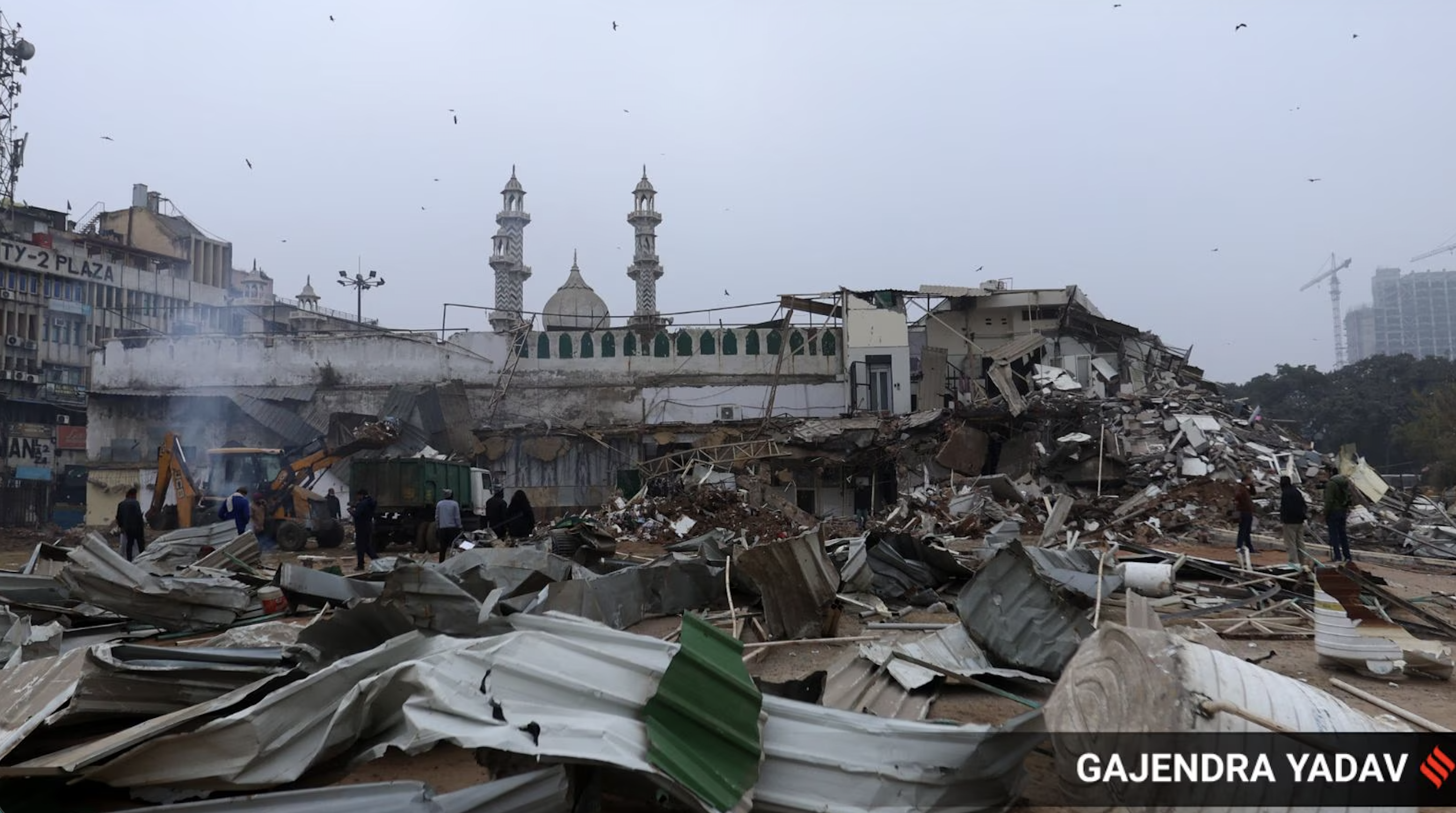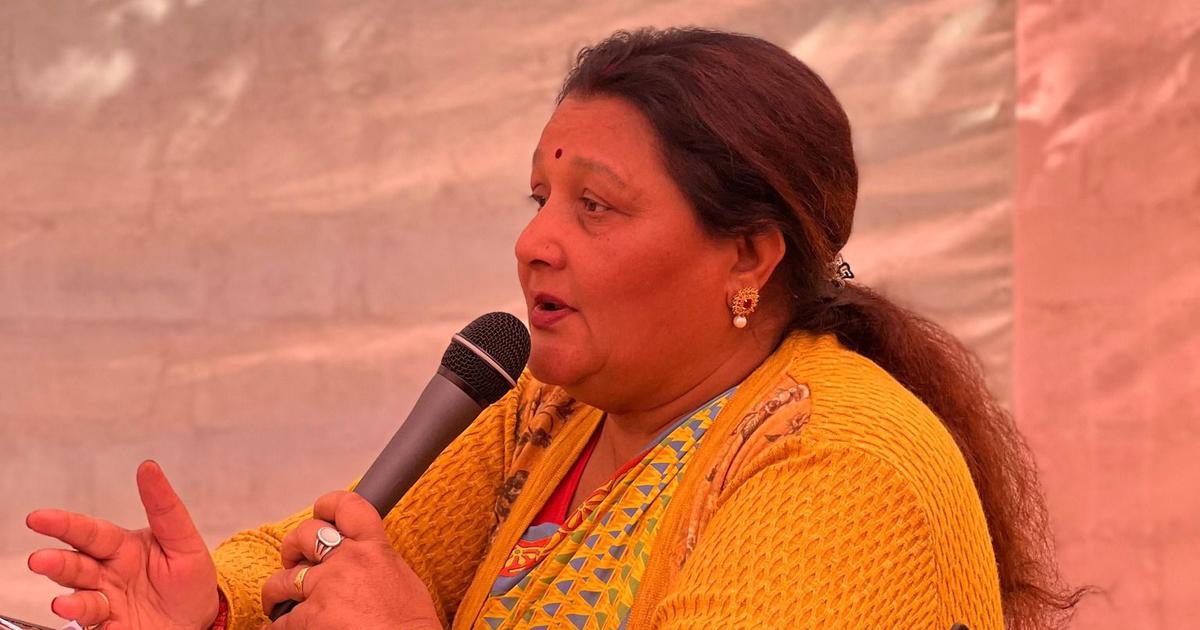
By Editorial
The Supreme Court has spoken out against “bulldozer justice” — the practice of state governments demolishing homes and properties of people accused in crimes, in the guise of acting against “illegal encroachment”. It has invited suggestions for pan-India guidelines that it proposes to put in place. The apex court’s intervention is welcome. But, with due respect to the court, it must also be said that this was long overdue. The highest court of the land has called out such brazen misuse of power and miscarriage of justice by its name after families and businesses have been destroyed and rights of citizens violated in irreversible ways. Indeed, over the past few years, “bulldozer justice” has become a mis-governance model, a morbid political template across states: from the Yogi Adityanath government in UP that first deployed it as a shock-and-awe weapon wielded by a hard state targeting the minority disproportionately, earning the CM the moniker of “Bulldozer Baba”, to the erstwhile Shivraj Singh Chouhan government in MP, which mimicked the brutish strategy, to even the Congress-ruled government in Rajasthan of then CM Ashok Gehlot and the then MVA-led Maharashtra government.
“It is a position of law. How can anybody’s house be demolished only because he is an accused? Even if he is a convict, it can’t be done without following the procedure as prescribed by law”, said Justice BR Gavai, on Monday. “As they say, a pious father can have a recalcitrant son and vice versa, but this is no way to go about it,” said Justice KV Viswanathan. “We propose to lay down certain guidelines…”, said the bench. The inadequacy of the intervention lies not just in its belatedness, but also in the well-founded scepticism that it is much too thin. For evidence, just look at hate speech and the Court. In April 2023, the apex court directed all states and UTs to register cases on their own against those making hate speech, without waiting for complaints — it was extending the mandate it gave in October 2022 to the police in Delhi, UP and Uttarakhand to take suo motu action in hate speech cases. “Any hesitation to act … will be viewed as contempt of court and appropriate action shall be taken against the erring officers”, the court had said. Just last week, however, the abuse and assault of a 72-year-old falsely accused of carrying beef in a Mumbai-bound train, a space that’s meant to be protected by the Indian Railways, and the initial police response, has brought more proof of the entrenched climate of impunity in which the highest court’s direction and mandate have made scarcely a dent.
This story was originally published in indianexpress.com. Read the full story here.






